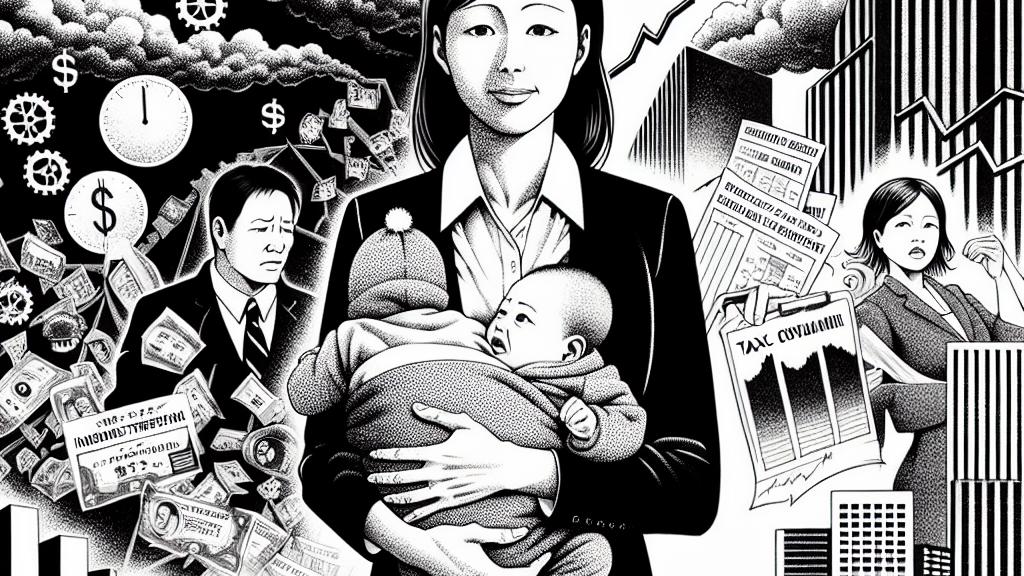Debate Over Income Thresholds and Local Finance Affects Governance
Overview
- The heated discussion surrounding Japan's 'income threshold' reveals critical financial stakes for local governments.
- Local leaders are raising alarms about significant tax revenue losses tied to proposed changes to income regulations.
- Striking a balance between fostering economic growth and maintaining local fiscal health is becoming increasingly complex.

Understanding the 'Income Threshold' Issue
In Japan, the 'income threshold' debate is nothing short of a hot-button issue, capturing the attention of both policymakers and everyday citizens alike. Currently set at 1.03 million yen, this figure is crucial for many who find themselves teetering on its edge. The government's proposal to raise the threshold to 1.78 million yen sounds appealing because it means more people can earn above this limit without incurring hefty tax obligations. Picture this: a single parent juggling part-time work and family responsibilities who can finally accept additional hours without fear of losing income. However, the flip side looms large—local governments are bracing for drastic tax revenue declines, estimated to reach a mind-boggling 7.6 trillion yen! This predicament highlights why every policy change carries immense implications for local economies, ultimately affecting citizens' lives directly.
Local Government Response to Policy Pressure
As discussions intensify, local officials are fiercely resisting the proposed income threshold adjustments. In a dramatic twist, during a recent committee meeting, it was revealed that the Minister directly urged various governors to publicly oppose this initiative. Why, you ask? Simply put, the primary concern is that implementing this new threshold without sufficient safeguards could cripple local finances. Across the nation, leaders from regions like Miyazaki Prefecture are scrambling to craft urgent requests directed at national officials, openly expressing their fears about fiscal sustainability. This is not just a bureaucratic tussle; it’s a desperate attempt to protect the livelihoods of their constituents. They emphasize that managing local budgets effectively is crucial for providing essential services and nurturing community resilience in the face of change. Such interactions lay bare the stark tension between central governmental aspirations and the pressing financial realities faced by regional governance.
Long-term Implications and the Balancing Act
At the core of this complex debate is an urgent need to find equilibrium between encouraging economic growth and ensuring the viability of local services. Consider this dire scenario: if the government expands the income threshold without seriously considering its repercussions, we could witness regions grappling with severe budget deficits, jeopardizing critical public services like education and healthcare. It's a sobering thought! Thus, the government faces a daunting challenge: should it pursue policies that boost labor market flexibility, or should it heed the valid concerns voiced by local leaders regarding fiscal health? This ongoing struggle illuminates the intricate dance of governance in Japan, highlighting how each policymaking decision weaves into the larger tapestry of society. Ultimately, every choice resonates beyond immediate effects, showcasing the tightrope that democracy walks in seeking progress while safeguarding local communities.

Loading...